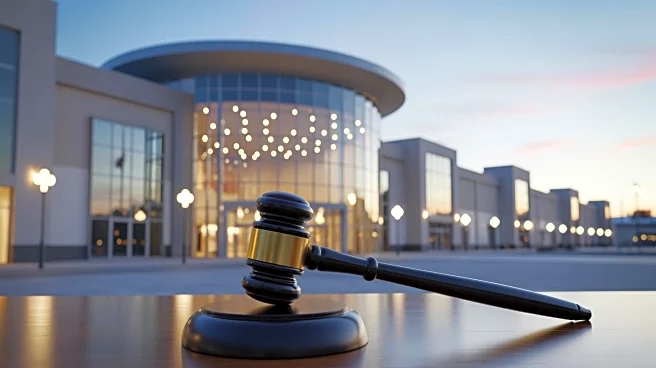What is the story about?
What's Happening?
On Tuesday, Israelis across the country staged protests demanding an end to the Gaza war and the release of hostages. The demonstrations reflect widespread public dissatisfaction with the government's handling of the conflict and humanitarian aid. Protesters are calling for immediate action to secure a hostage deal and halt military operations in Gaza. The protests are part of a broader movement advocating for peace and resolution of the ongoing conflict, highlighting the public's desire for a diplomatic solution.
Why It's Important?
The protests signify growing public pressure on the Israeli government to address the humanitarian crisis and seek a peaceful resolution to the conflict. The demonstrations could influence government policy and negotiations, as public opinion plays a crucial role in shaping political decisions. The protests also highlight the societal impact of the conflict, with citizens demanding accountability and action from their leaders. The government's response to these protests may affect its domestic and international standing.
What's Next?
The Israeli government may face increased pressure to negotiate a hostage deal and consider alternative strategies for ending the conflict. The protests could lead to further public demonstrations and calls for government accountability. The situation may prompt discussions on the role of civil society in influencing political decisions and the importance of public engagement in conflict resolution.
Beyond the Headlines
The protests reflect deeper societal concerns about the impact of the Gaza conflict on Israeli citizens and the broader region. The demonstrations highlight the ethical and humanitarian dimensions of the conflict, emphasizing the need for a balanced approach that considers both security and human rights. The public's demand for peace underscores the potential for grassroots movements to drive political change.















